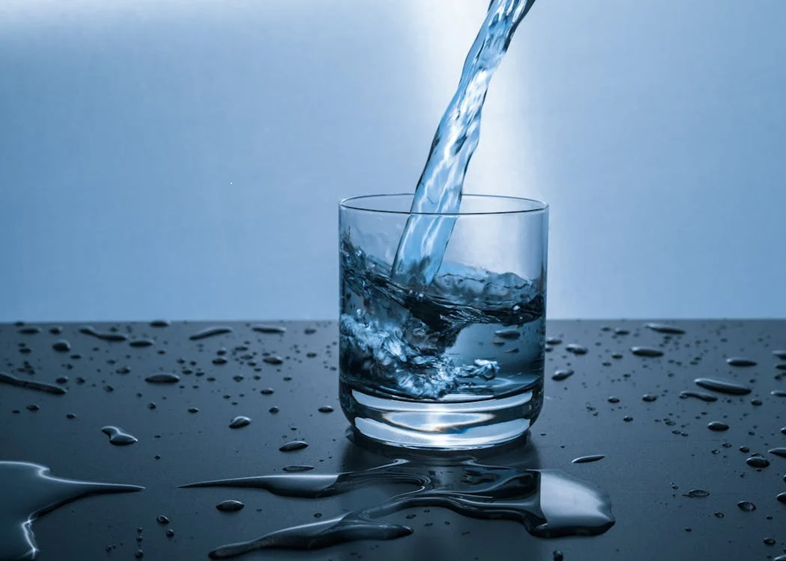–Surya Pillai
Having access to clean and safe drinking water is considered a basic human right, but it continues to be a major worry for numerous communities across the globe. The importance of water quality and safety cannot be overstated, as they are vital for public health, environmental sustainability, and overall well-being. Guaranteeing that all individuals can enjoy uncontaminated drinking water requires tackling various urgent challenges and putting in place effective solutions.
Contamination is a major issue when it comes to water quality. Industrial activities, agricultural practices, and improper disposal of waste can result in pollutants seeping into water sources. These harmful chemicals and pathogens can lead to various health problems such as gastrointestinal issues, reproductive disorders, and neurological conditions. The presence of bacteria, viruses, and parasites in water sources is especially concerning in developing areas, where diseases like cholera, dysentery, and typhoid fever are common.
The infrastructure required to supply clean water is another urgent concern. Contamination can occur due to aging and inadequately maintained water systems, even if the source water is clean at the outset. In numerous urban regions, outdated pipelines and treatment plants struggle to cope with population expansion and rising water requirements. Meanwhile, in rural areas, the absence of infrastructure necessitates residents to utilize untreated and unsafe water sources. It is imperative to invest in contemporary and effective water treatment and distribution systems to tackle these issues.
Water quality and availability are under significant threat from climate change. Rising temperatures and shifting rainfall patterns can result in droughts, lower river levels, and the depletion of underground water sources. This doesn’t just decrease the amount of water that can be used, but it can also intensify pollutants, worsening water quality. Furthermore, severe weather phenomena such as floods have the potential to overpower water treatment plants, causing contamination and the proliferation of waterborne illnesses.
To guarantee access to clean and safe drinking water, a multifaceted approach is essential. Educating communities on safe water practices and the importance of protecting local water sources is paramount. Utilizing technological advancements, such as enhanced filtration systems and real-time water quality monitoring, can play a crucial role in quickly detecting and addressing contamination. International collaboration is crucial as numerous water sources extend beyond national borders, necessitating cooperation between countries for efficient management.
The significance of clean and safe drinking water cannot be emphasized enough. It plays a pivotal role in maintaining public health, economic security, and environmental conservation. Tackling issues related to water pollution, and infrastructure deterioration necessitates a collaborative approach involving governments, local populations, and global organizations. Through collective action, we can guarantee universal access to this fundamental and crucial commodity.
–
-

Surya Pillai, Sub-Editor, Shreyas Webmedia Solutions Pvt. Ltd.
